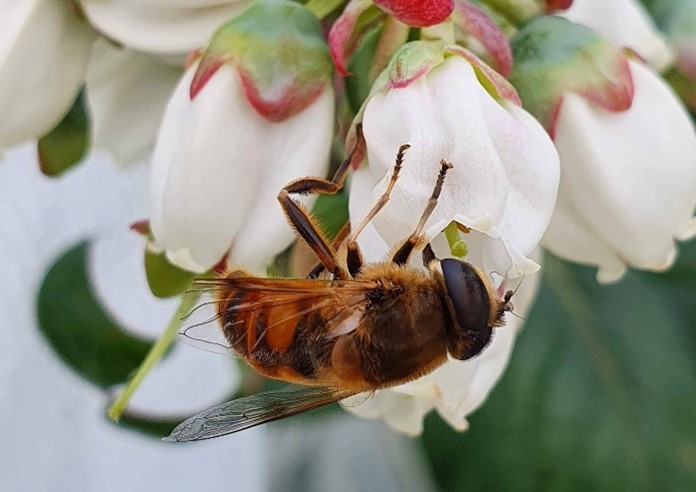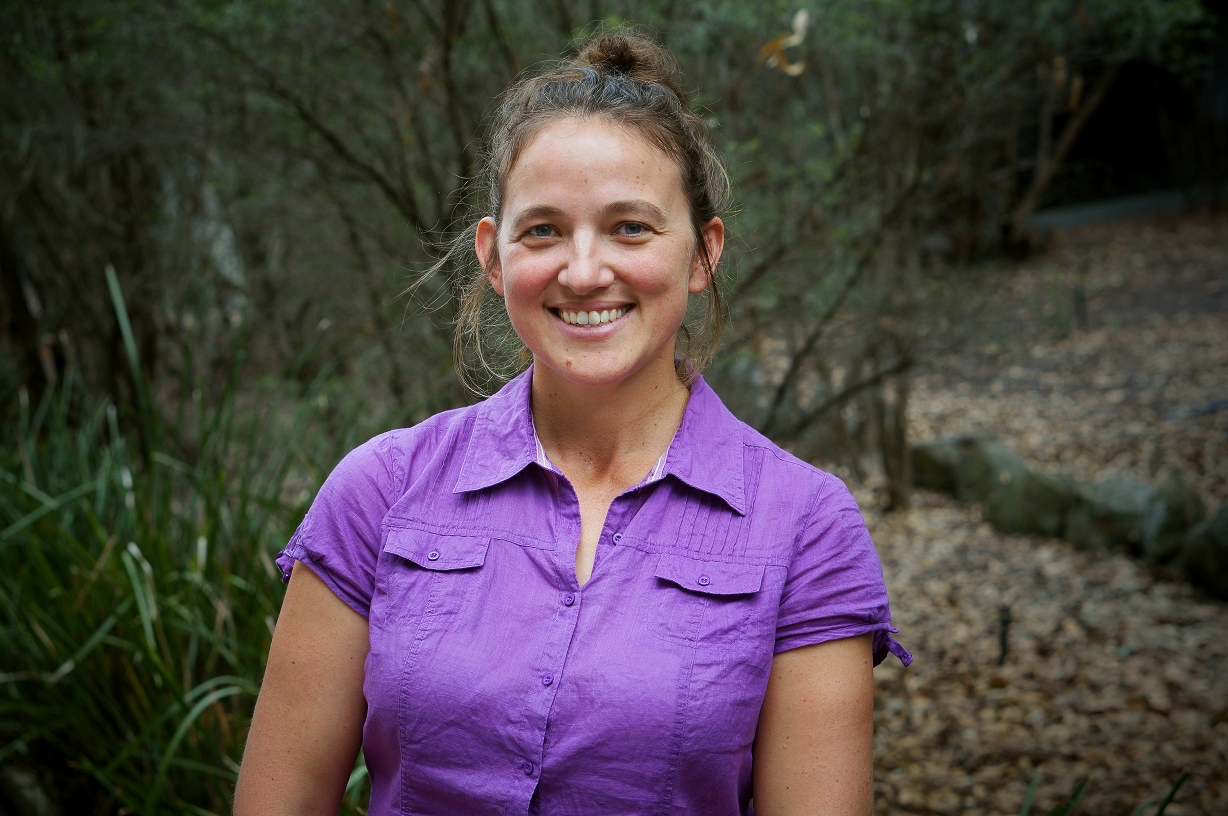A Professor in Community Ecology at the University of New England (UNE), Dr Rader has spent several years investigating plant–animal interactions in natural and human-modified landscapes – and in particular, the roles pollinators and pollination play in these interactions.
Which is why she’s well placed to lead a Future Food Systems-backed project designed to find optimal pollination solutions for major Australian horticulture grower Costa Group.
University of New England: Researching plant-animal interactions
In 2013, Dr Rader joined the University of New England as a Professor (Research) of Community Ecology in the School of Environmental and Rural Science.
Here, her work as a community ecologist is focused on plant–animal interactions in natural and human-modified landscapes.
“I am interested generally in the ecology of plants and animals in different types of habitats and landscapes and how they respond to differing management practices and global change,” she says.
In recent years, the bulk of Prof. Rader’s research has been related to the ecology and conservation of remnant vegetation and to “wild and managed insect pollinators [and] their efficiency at pollinating horticultural crops”.

Flies pollinating blackberry flowers in recent trials funded by Hort Innovation. Credit: Abby Davis, courtesy of Romina Rader, UNE
Researching the roles of biodiversity and pollinators in Australian horticulture
Within the Rader Community Ecology Lab at UNE, Prof. Rader and her research team investigate a range of horticulture-cropping-related issues, including
- biodiversity, and how this can provide ‘ecosystem services’ across agricultural landscapes including orchards, grazing lands and field crops (funded by Australian Research Council Future Fellowship grant FT210100851);
- pollinator identity and ecology – specifically, which pollinators visit which crops in a range of agroecosystems (supported by funding from the Australian Government Department of Agriculture and Water Resources (AWR), Hort Innovation and AgriFutures as part of the Rural R&D for Profit Programme; and, for earlier work, by the Ian Potter Foundation);
- pollinator behaviour and health in protected cropping systems (a collaborative project delivered by Hort Innovation, with support from AWR as part of its Rural R&D for Profit program, and other partners including UNE); and
- mechanisms underlying crop pollinator effectiveness (funded by a four-year Australian Research Council (ARC) Discovery Early Career Researcher Award (DECRA), 2017-2020).
Prof. Rader is also actively engaged in the Biodiversity, Landscapes and Ecosystem Stewardship and the Plant Evolution and Pollination Group.
Collaborating with industry to improve pollination services
Prof. Rader is looking forward to contributing her expertise to a soon-to-be-signed FFS-backed project involving major horticultural producer Costa Group and applied seed technology provider seedPurity. Prof. Rader will lead the project team, which will investigate the role of insect pollination in high-tech cropping systems.
She’s excited about the potential applications of the research.
“Many food crops benefit from insect pollination so we need to know more about this important interaction between plants and animals,” Prof. Rader says.
“I am very excited about this new opportunity to use pollination science to support industry needs.”
Lead image: UNE Professor and pollination researcher Dr Romina Rader. Credit: University of New England, courtesy of Romina Rader


